I watched the following informative YouTube video which was a TedX talk by Pavan Arora, titled, Knowledge is obsolete, so now what.
Arora said that 65% of grade school children will have future jobs/titles that don’t exist today. The value of knowledge is dropping and current knowledge has an expiration date.
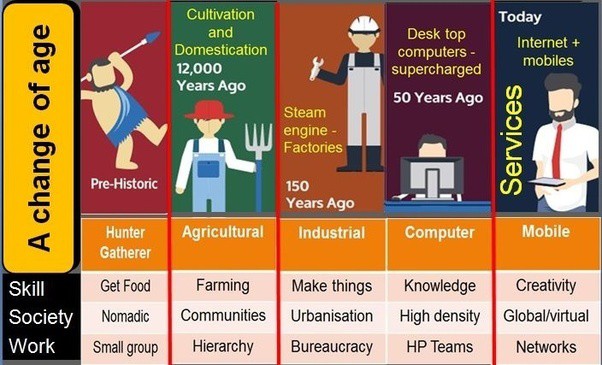
For example, he stated that half of what you learn as a college freshman will become irrelevant by the time you are a senior. I can’t wholeheartedly believe that statement, however I do believe it is fast becoming a reality. Most of my learning occurred after graduating from nursing school, which was 20 years ago! It is still much the same in nursing, especially with the advances seen in healthcare and in the nursing profession.
Arora goes on to point out that knowledge is growing exponentially; in 1900 knowledge doubled every 100 years, vs. doubling every 1-2 years today! I have only been teaching for about 10 years, but I find that I am very grateful for technology advances such as powerpoint slides and YouTube videos, to use as teaching aids. I remember inheriting transparencies from previous teachers when I first started at then ‘SIAST’. I think we got rid of the projector in the classroom within the first few years I started.
Just recently, our office deleted the ‘Skype’ account and now use ‘Zoom’ for video conferences. We use the LMS called, ‘Brightspace’ and each course has a home page. Students must hand in assignments digitally, through a ‘dropbox’ which instructors must create as needed on the coursepage. I have had to become proficient in the use of ‘Brightspace’ in order to meet my student’s needs. I hope to incorporate more technological methods of teaching and learning in the future.
The third point that Arora makes, is that Access to knowledge is available anywhere and anytime, so what do educators teach students? He goes on to say that we need to teach the next generation how to access, assess, and apply knowledge so that no matter what the knowledge is, they will be able to learn how to apply or use it.
I have always believed that the greatest skill is not necessarily memorization of knowledge, but instead the skill of knowing how to quickly find knowledge when it is needed. In healthcare, knowledge is constantly changing, so nurses must be lifelong learners and remain adaptable and flexible to conform to best practice as advances in healthcare are made. Critical thinking is the greatest skill that one can have in any profession. I don’t believe that basic knowledge will ever become obsolete, as the very act of learning is knowledge itself. How to learn is a skill that will never be useless.
I also read the very informative and interesting article titled, Minds on Fire (Brown & Adler, 2008). In this article, the definition of social learning is, ‘based on the premise that our understanding of content is socially constructed through conversations about that content and through grounded interactions, especially with others, around problems or actions”. The social view of learning is, “we participate therefore we are”. I thought it was interesting that a study showed that one determinant of student’s success in higher education was their ability to participate or form small study groups. “Students in the group can ask questions to clarify areas of uncertainty…, can improve their grasp of the material by hearing answers to questions from fellow students… and can take on the role of teacher to help other groups members”.
A new approach to learning is called the ‘demand-pull’ approach in which learning shifts focus to enabling participation in flows of action, where the focus is both on “learning to be” through enculturation into a practice as well as on collateral learning. I think that one method of bringing in social media to my program, could be to create a private Facebook group for program students, in which they can connect and share information, as well as provide support for one another. I am quite sure the Practical Nursing students have a private Facebook page, but it may be beneficial to create one in which instructors are involved and can also offer support or answer questions.
This informative diagram from p.28 of the, ‘Minds on Fire’ article, shows the benefits of Knowledge building and sharing among teachers, but I think it could also represent benefits among students. Another idea may be to have students create blog posts in a private network, in which they could discuss and/or debate various nursing topics interactively. We currently have an online option available for the Practical Nursing program, which runs concurrently with the on-campus program. In it, the students write weekly discussion posts. It would be great to create something similar for on-campus students.
I found an informative article called, Protecting Student Privacy on Social Media: Do’s and Don’ts for Teachers, to help me address the question of how educators balance the “moral imperative” to educate children to succeed in a rapidly changing world with concerns around student safety and privacy. I am choosing to answer this in regards to the use of social media (SM) in education. Only 1 in 10 teachers use SM professionally and 81% are concerned regarding using SM. As educators, we need to learn how to use SM professionally in a way that promotes good digital citizenship for both students and teachers. Research shows that social connections provide authentic learning environments for students, and is a way of the future.


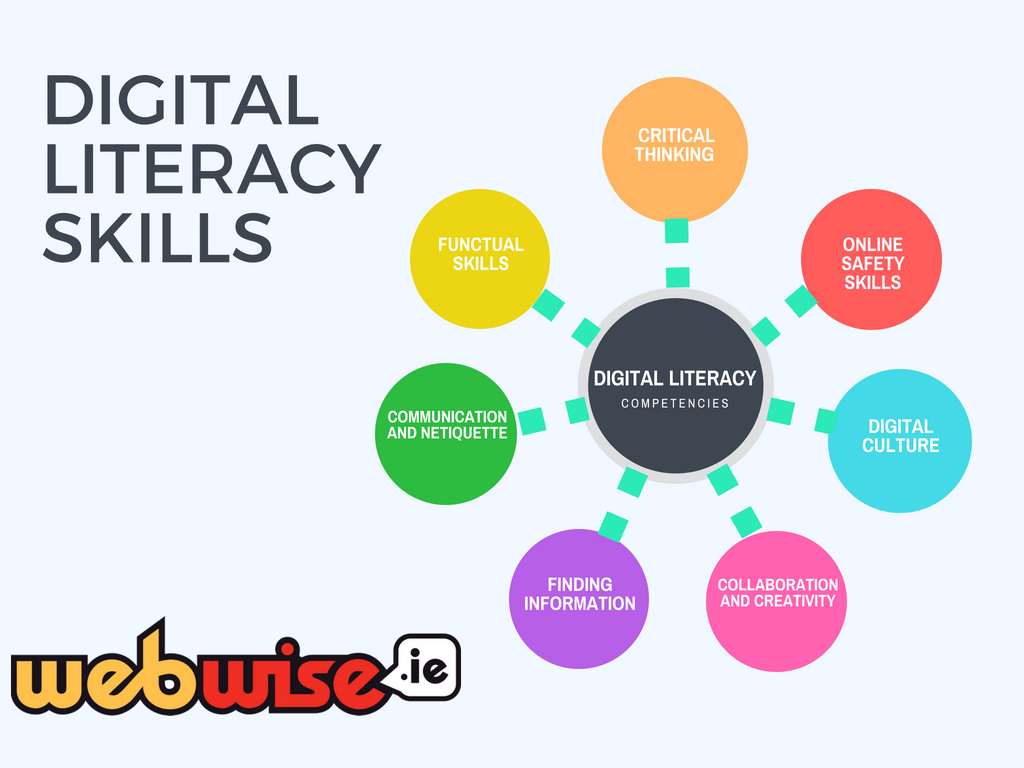
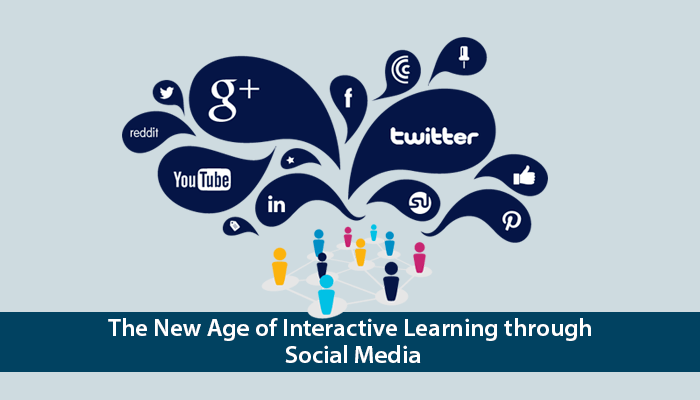
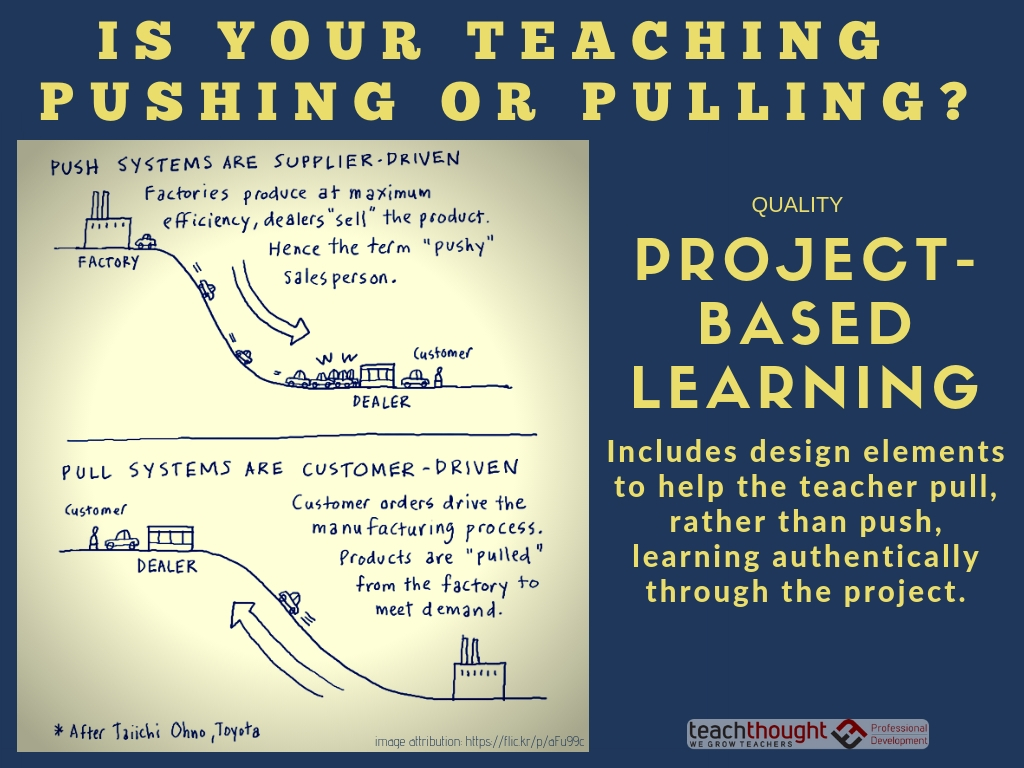

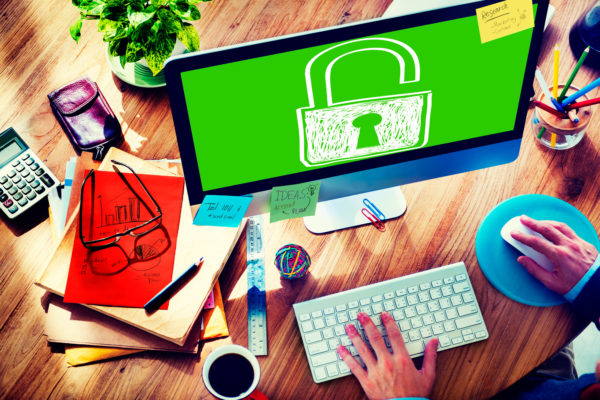
Hey Lorile, I watched the same video! I also found some of his claims a bit sensational and dubious, but the point he makes that the commodification of knowledge seems to be true. We are expected to learn more and more as our jobs change and evolve faster and faster. I still feel like most major changes are still happening slowly (but I’m in the Prairies, so who knows!). The way we communicate is changing so fast, this is for sure. The potential to be connected to so many people with loose connections is huge.
Thanks for sharing!
LikeLike
Hello Matteo, Thanks for your comments. I didn’t agree with absolutely everything either, but it was definitely interesting to hear Arora’s insights!
LikeLike
Thanks for this week’s blog, Lorelei. I particularly appreciate the Do’s and Don’ts article as I consider utilizing social media more in my instruction.
I appreciate learning about your experiences in a context different than what most classroom teachers experience. I’d be interested in knowing what the post-secondary students involved in increasingly online and social classes think and whether that has changed over time (and maybe reflects changes in the K-12 system).
LikeLike
Hello, thanks for your comments. I, too, like the ‘Do’s and Don’ts’ because I am a bit nervous about creating social media for my adult students in the nursing program, but am interested to find a way to incorporate SM.
Our online Practical Nursing students are very happy to have the option to take classes online. I have heard feedback that they especially like not having to travel 1h or more to classes (if living rural), can work on studies on their own schedules, and therefore most can continue to work at a job full time during online classes. They just have to write exams and do clinical experiences simultaneously with on campus students, otherwise everything else is online for the two years of the program. We have had very good responses!
LikeLike
Great post! I really enjoy reading your perspective of teaching nursing students. In health care, I think it would be impossible to be able to memorize and recall every detail and fact instantly. So you’re exactly right – you have to teach how/where to find the information quickly.
LikeLiked by 1 person
Thanks for your comment, Catherine. Knowing how to find information quickly is an important skill in nursing, especially with quickly changing healthcare policies and standards – I imagine for any job this is an essential skill.
LikeLike